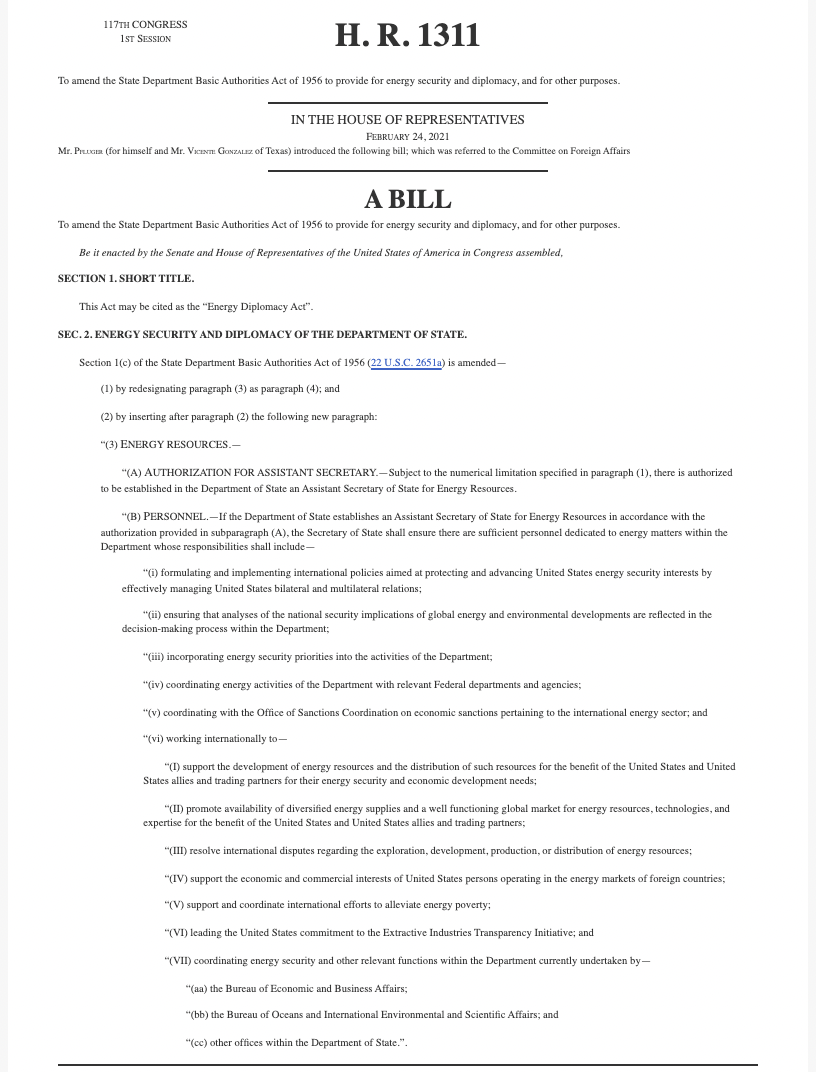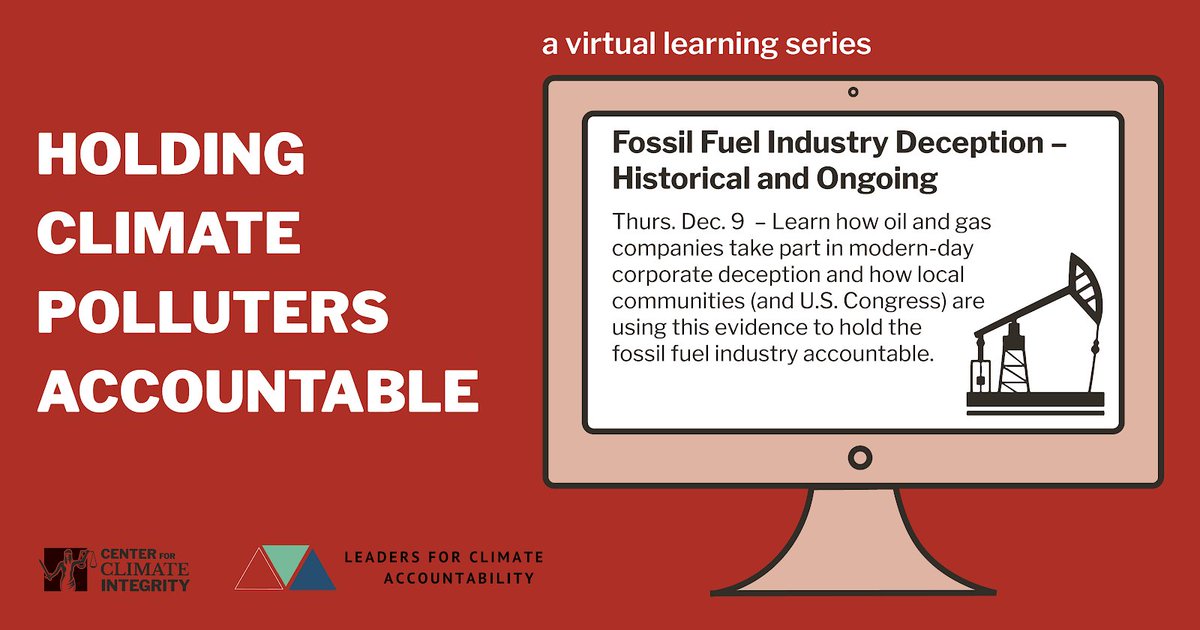Nominations of Enoh Ebong to be Director of U.S.T.D.A., Oren Whyche-Shaw to be U.S. Director of the African Development Bank, Leopoldo Nucete and Maria Jorge to the Inter-American Development Bank, Alice Albright to be CEO of Millennium Challenge Corp.
Hearing to consider the nominations of
- Enoh T. Ebong, of the District of Columbia, to be Director of the Trade and Development Agency
- Oren E. Whyche-Shaw, of Maryland, to be United States Director of the African Development Bank
- Leopoldo Martinez Nucete, of Virginia, to be United States Executive Director of the Inter-American Development Bank for a term of three years
- Maria Fabiana Jorge, of the District of Columbia, to be United States Alternate Executive Director of the Inter-American Development Bank
- Alice P. Albright, of the District of Columbia, to be Chief Executive Officer of the Millennium Challenge Corporation
- Michele Taylor, of Georgia, for the rank of Ambassador during her tenure of service as United States Representative to the UN Human Rights Council
- Christopher R. Hill, of Rhode Island, to be Ambassador to Serbia
- Joe Donnelly, of Indiana, to be Ambassador to the Vatican
The USTDA runs the Global Partnership for Climate-Smart Infrastructure. USTDA also supports international fossil-fuel projects.
The African Development Bank is allocating 40 percent of project approvals to climate finance. It also finances fossil-fuel projects.
The Inter-American Development Bank has allocated limited funding in the past to climate finance, and finances both renewable and fossil-fuel projects.
The Millennium Challenge Corporation has recently announced plans to “commit more than 50 percent of our program funding to climate-related investments over the next five years.” The Corporation has financed several electricity modernization projects around the world.
Wall Street's Carbon Bubble
During the U.N. Climate Change Conference (COP26), financial institutions and governments all over the world made unprecedented pledges and commitments to reduce financed emissions and begin to address climate-related financial risk. Now that the dust has settled, the real work of implementing these commitments begins. What will this mean for the Biden administration? Will President Joe Biden’s financial regulators endeavor to reign in banks and other financial institutions that continue to fund fossil fuels and other high-carbon-emitting industries or leave the U.S. economy and financial system at risk of another crisis?
Please join the Center for American Progress and Sierra Club for the launch of important new research revealing the enormous size of carbon emissions financed by the largest banks and asset managers in the United States and a discussion of actions the Biden administration can take to curtail this problem before the carbon bubble bursts.
Speakers:- Caroline A. Crenshaw, Commissioner, U.S. Securities and Exchange
- Rep. Rashida Tlaib (D-Mich.)
- Sen. Jeff Merkley (D-Ore.)
- John Podesta, Founder and Chair of the Board of Directors, Center for American Progress
- Ben Cushing, Campaign Director for Fossil-Free Finance, Sierra Club
Fossil Fuel Industry Deception — Historical and Ongoing
Fossil fuel companies learned over 50 years ago that burning fossil fuels would lead to climate change, and were soon predicting “globally catastrophic effects.” Company executives recognized that addressing climate change could require burning fewer fossil fuels — making climate action a threat to industry profits. In order to protect their bottom line, oil and gas companies masterminded a decades-long, multi-million dollar climate denial, disinformation, and deception campaign that stopped climate policy in its tracks. Join leading experts in the field of climate accountability for a deep dive into the documentation of Big Oil’s deception (from past to present). Learn how the fossil fuel industry fits into the larger picture of modern-day corporate deception and how local communities (and U.S. Congress) are using this evidence to hold the industry accountable.
Federal Efforts to Address PFAS Contamination
Witnesses
Panel I- Sean O’Donnell, Inspector General & Acting Inspector General, Environmental Protection Agency & U.S. Department of Defense
- Michael J. Roark, Deputy Inspector General for Evaluations, U.S. Department of Defense
- Richard G. Kidd, Deputy Assistant Secretary for Environment and Energy Resilience, Office of the Assistant Secretary for Sustainment, U.S. Department of Defense
- Laura Macaluso, Acting Deputy Assistant Secretary for Force Safety and Occupational Health, Office of the Assistant Secretary for Readiness, U.S. Department of Defense
- Anthony M. Spaniola, Co-Chair, Great Lakes PFAS Action Network
- Andrea Amico, Co-Founder, Testing for Peace
- Mark Johnson, Deputy Director for Business and Regulatory Affairs, Environmental Protection Agency, State of Ohio
Leveraging IIJA: Plans for Expanding Intercity Passenger Rail
- Stephen Gardner, President, Amtrak
- David Kim, Secretary, California State Transportation Agency
- Kevin Corbett, President and CEO of New Jersey Transit, Co-Chair, Northeast Corridor Commission
- Julie White, Deputy Secretary for Multimodal Transportation, North Carolina Department of Transportation, Commission Chair, Southeast Corridor Commission
- Donna DeMartino, Managing Director, Los Angeles – San Diego – San Luis Obispo Rail Corridor Agency
- Knox Ross, Mississippi Commissioner and Chair, Southern Rail Commission
Emerging Contaminants, Forever Chemicals, and More: Challenges to Water Quality, Public Health, and Communities
This hearing will examine various perspectives on emerging contaminants, so-called forever chemicals, and their impacts on public health and water quality. Specifically, the subcommittee will look at the growing concern in surface waters, their effects or potential effects on human and aquatic ecosystems, and the Clean Water Act’s framework for addressing contaminants in surface waters.
Witnesses:- Dr. Elizabeth Southerland, Former Director of Science and Technology U.S. EPA Office of Water
- Chris Kennedy, Town Manager, Town of Pittsboro, North Carolina
- Dr. Elise Granek, Associate Professor, Environmental Science and Management Department, Portland State University
- Charles Moore, Moore Institute for Plastic Pollution Research
- Katie Huffling, Executive Director, Alliance of Nurses for a Healthy Environment
- Dr. James Pletl, Director, Water Quality, Hampton Roads Sanitation District, Virginia Beach, VA
The U.S. Army Corps of Engineers emergency response to Hurricane Ida
On Wednesday, October 6, at 10:00 AM ET, the Senate Committee on Environment and Public Works will hold an oversight hearing to examine the response by the U.S. Army Corps of Engineers to Hurricane Ida.
Witnesses:- Major General William H. “Butch” Graham, Deputy Commanding General for Civil and Emergency Operations, U.S. Army Corps of Engineers
- Brigadier General Thomas J. Tickner, Commanding General, North Atlantic Division, U.S. Army Corps of Engineers
- Colonel Stephen F. Murphy, Commander, New Orleans District, U.S. Army Corps of Engineers
Updates To The Mining Law Of 1872
The purpose of this hearing is to examine and consider updates to the Mining Law of 1872.
Witnesses:- Chris Wood, President and CEO, Trout Unlimited
- Katie Sweeney, Executive Vice President and General Counsel, National Mining Association
- Autumn Hanna, Vice President, Taxpayers for Common Sense
- Rich Haddock, General Counsel, Barrick Gold Corporation
- David Brown, President and CEO, Wyo-Ben, Inc.
Buried In NDAA, Fossil-Fueled Provision Directs State Department To Promote Fossil-Fuel Industry
 Buried within the National Defense Authorization Act (NDAA) for Fiscal Year 2022 (H.R. 4350) passed last week, the Democratic House of Representatives approved language creating a new position in the State Department dedicated to promoting oil and fracked gas interests.
Buried within the National Defense Authorization Act (NDAA) for Fiscal Year 2022 (H.R. 4350) passed last week, the Democratic House of Representatives approved language creating a new position in the State Department dedicated to promoting oil and fracked gas interests.
The language is taken from the Energy Diplomacy Act (H.R. 1311), introduced by Rep. August Pfluger II (R-Texas) and Rep. Vicente Gonzalez (D-Texas), both oil-patch members of the House Committee on Foreign Affairs.
The bill establishes an Assistant Secretary of State for Energy Resources, responsible for “protecting and advancing United States energy security interests” and “coordinating energy activities” in the State Department. The position will “support the development of energy resources and the distribution of such resources,” “resolve international disputes regarding the exploration, development, production, or distribution of energy resources,” and “support and coordinate international efforts to alleviate energy poverty.” “Energy poverty” is a fossil-fuel industry term used to promote the development of coal, oil, and gas in the developing world.
It was introduced as part of an amendment to the NDAA on State Department operations (numbered 723 in the Rules Committee list and 286 on the House floor) by Rep. Gregory Meeks (D-N.Y.) and Rep. Michael McCaul (R-Texas), the Foreign Affairs chair and ranking member. It passed the House as one of 111 amendments included in en-bloc amendment 124, agreed to 362 to 59 (roll-call vote 289).
Pfluger is a first-term congressman financed by the oil and gas industry, whose stated “primary concern in Congress is to protect our oil and gas industry from the radical Democrats.” Gonzalez is one of a dwindling number of oil-patch Democrats financed by the oil and gas industry who opposes climate action.
Despite its House passage, the bill will face a pro-forma markup in the Foreign Affairs Committee on Thursday.
While the bill avoids mention of fossil-fueled climate change, it does not preclude the new role from being dedicated to supporting renewable energy development instead of fossil-fuel interests, although the language about foreign energy markets and the Extractive Industries Transparency Initiative would make little sense in that case.
National EJ Community Engagement Call
The purpose of these calls is to inform communities about EPA’s environmental justice work and enhance opportunities to maintain an open dialogue with environmental justice advocates. As environmental justice continues to be integrated into EPA programs and policies, the Agency hopes that these calls will help reaffirm EPA’s continued commitment to work with community groups and the public to strengthen local environmental and human health outcomes.
Registration: Due to limited space, participation in this call will be on a first come, first-served basis. Pre-registration is highly suggested, but not required. If registration has reached capacity, please see the links below for instructions on how to access the call if seating is available on the day of the meeting. If you are unable to join the call, a summary will be posted to the U.S. EPA Office of Environmental Justice’s website after.
Interpretation: If you need English-language interpretation assistance, or special accommodations for a disability or other assistance, you can submit a request when registering for the meeting. Please submit your request by September 23, to give EPA sufficient time to process.
For more information about the National Environmental Justice Community Engagement Calls, please visit the website or email: Victoria Robinson (robinson.victoria@epa.gov) or Christina Motilall (motilall.christina@epa.gov).
JOIN THE ZoomGov Webinar
IMPORTANT: Due to limited seating, PLEASE enter the call using either your mobile device OR your computer, not both. Please click the link below to join the webinar: https://usepa.zoomgov.com/j/1606599212?pwd=L3lTTFpmRVVLNGVsbVFxUFlhWEUvZz09 Passcode: 11066564
